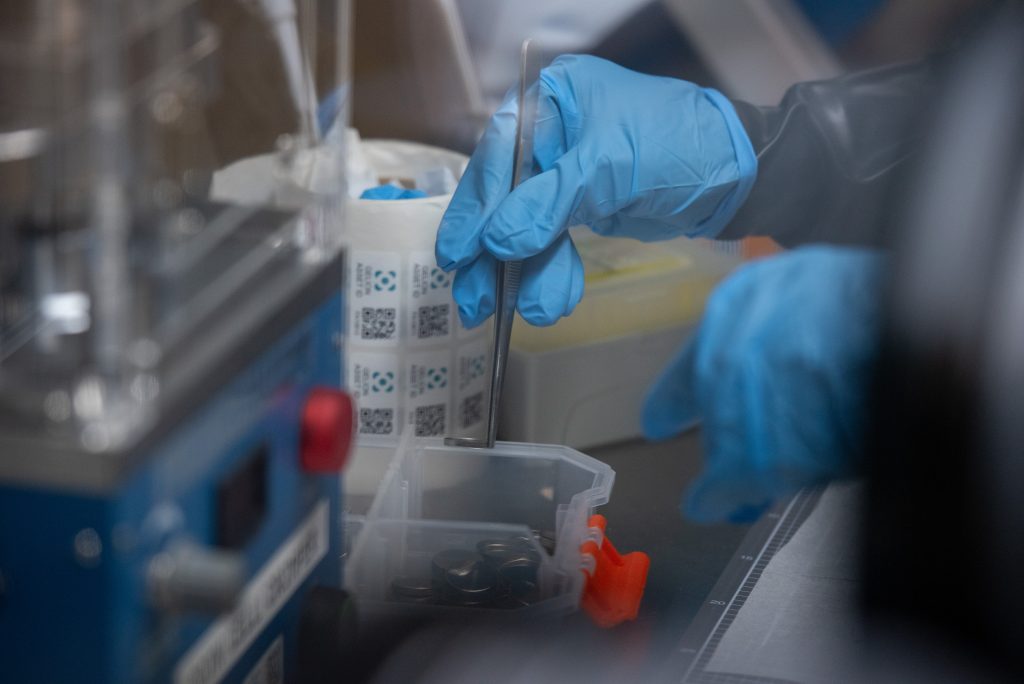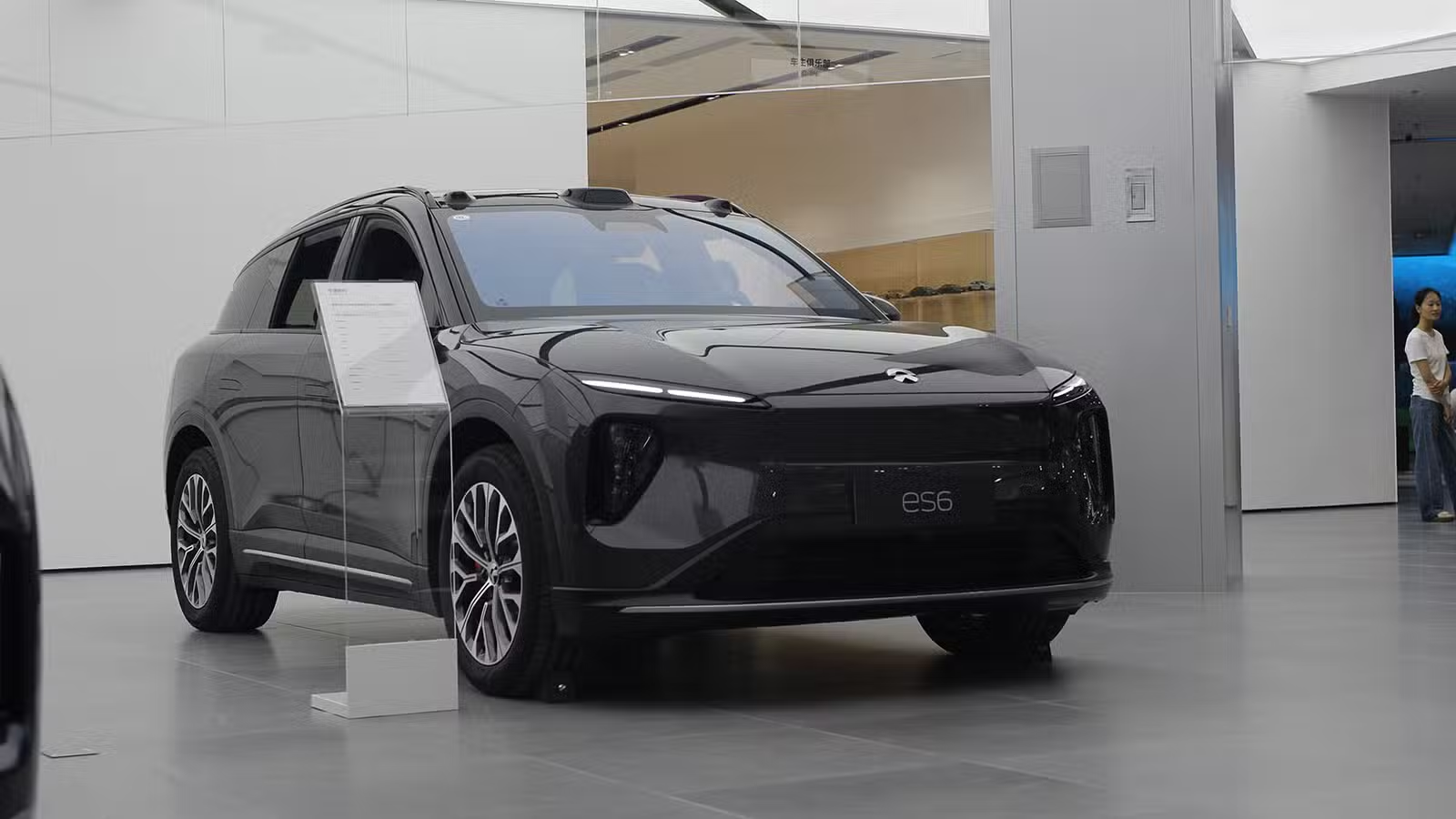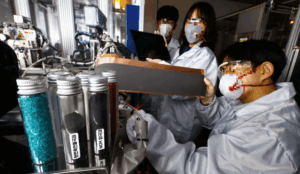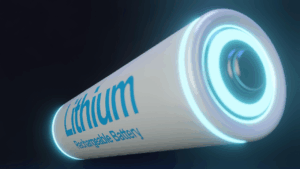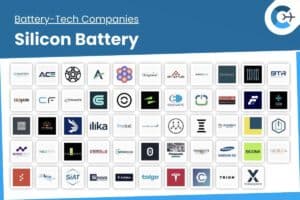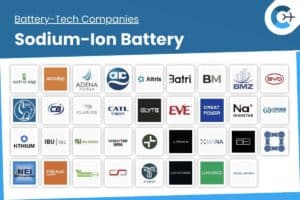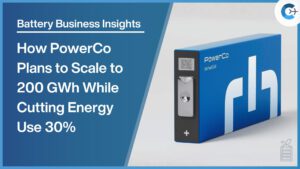Gelion plc (AIM: GELN) has announced a significant advance in its lithium–sulfur (Li–S) battery research, following initial coin cell testing that demonstrated notable power and cycle life improvements. This development builds on Gelion’s collaboration with the Max Planck Institute of Colloids and Interfaces (MPI), which began in March 2025, and follows promising sodium–sulfur (Na–S) coin cell results shared in April.
In the latest tests, Gelion integrated MPI’s advanced Sulfur Cathode material into Li–S coin cells. Under aggressive 1C cycling conditions—equivalent to a one-hour full charge and discharge—the cells exceeded 1,000 cycles while retaining performance, and continued operating effectively after more than 1,100 cycles. When cycled at C/10 (ten-hour charge/discharge), the cells achieved 90% of their theoretical sulfur capacity, corresponding to 1,490 mAh per gram of sulfur. At a high discharge rate of 10C (six-minute discharge), they delivered 75% of theoretical capacity, or 1,240 mAh/g(S).
These high retention rates—both after extended cycling and under rapid discharge—highlight the stability of Gelion’s proprietary Sulfur Cathode. The results indicate potential suitability for applications demanding long cycle life and high-power output, such as electric vehicles, drone vertical takeoff and landing systems, and rapid-charge scenarios in mass-market e-mobility.
Looking ahead, Gelion plans to evaluate performance using commercially relevant cathode thicknesses to achieve high areal capacities, a critical step toward real-world adoption. The company aims to validate the parameters needed for both stationary energy storage and transportation applications.
Lithium–sulfur batteries offer 60%–70% higher specific energy density than conventional lithium-ion cells, alongside lower material costs and improved sustainability. Historically, limited cycle life and high-rate performance have hindered widespread Li–S deployment. By demonstrating extended durability and robust power delivery, Gelion’s findings represent a meaningful step toward commercializing Li–S technology for sectors ranging from e-mobility to battery energy storage systems.

